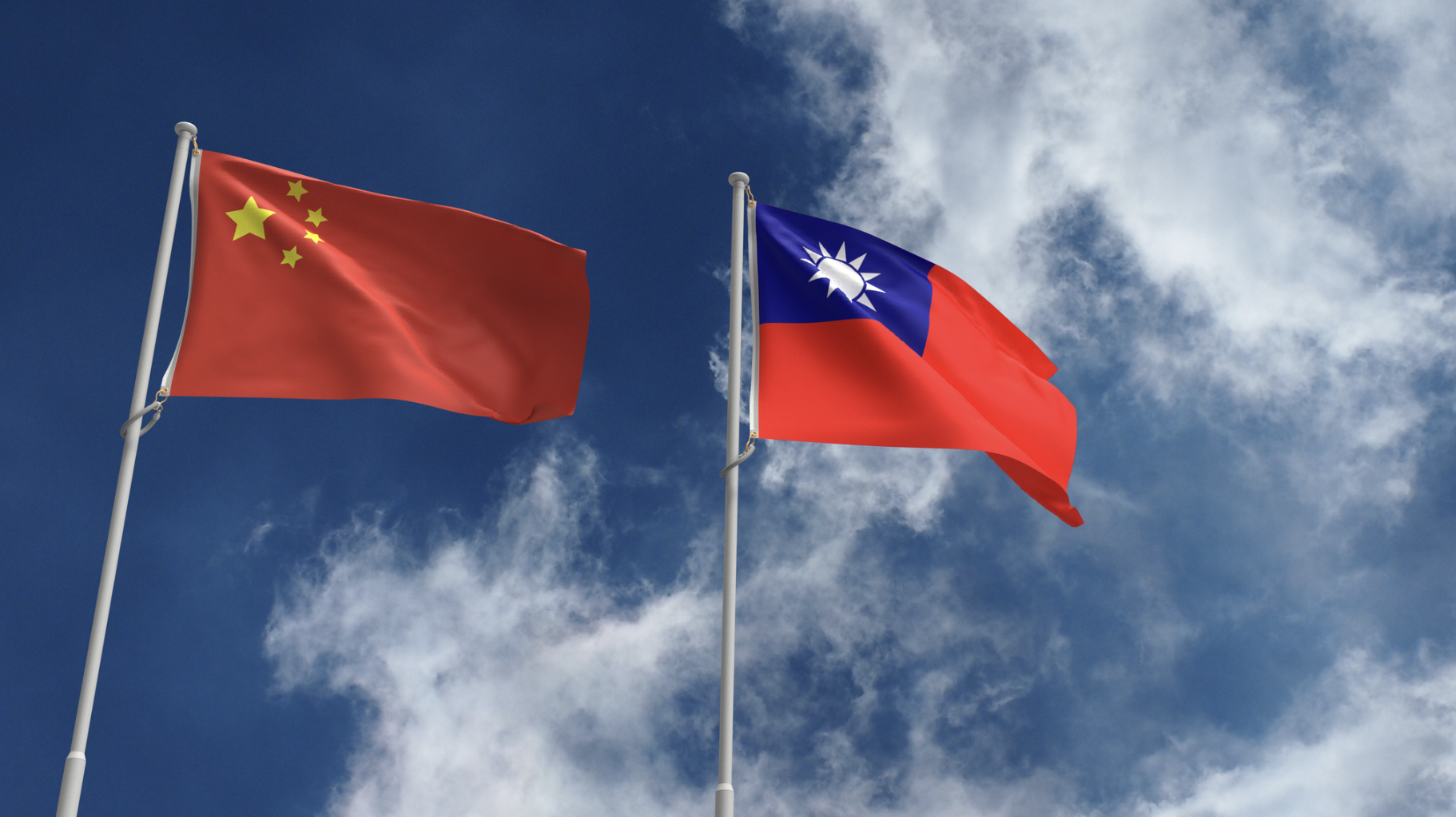World
Taiwan Election: China Lost
By Matt De Vlieger · January 14, 2024

Lai's Victory
Taiwan's Vice President Lai Ching-te, running with Hsiao Bi-khim, secures a historic third term for the ruling Democratic Progressive Party (DPP), winning the presidential election with 40.05 percent of the vote.
First-Past-the-Post
Taiwan's electoral system, based on first-past-the-post voting, awards victory to the presidential-VP pairing with the highest percentage of votes. Turnout on the self-ruled island exceeds 70 percent.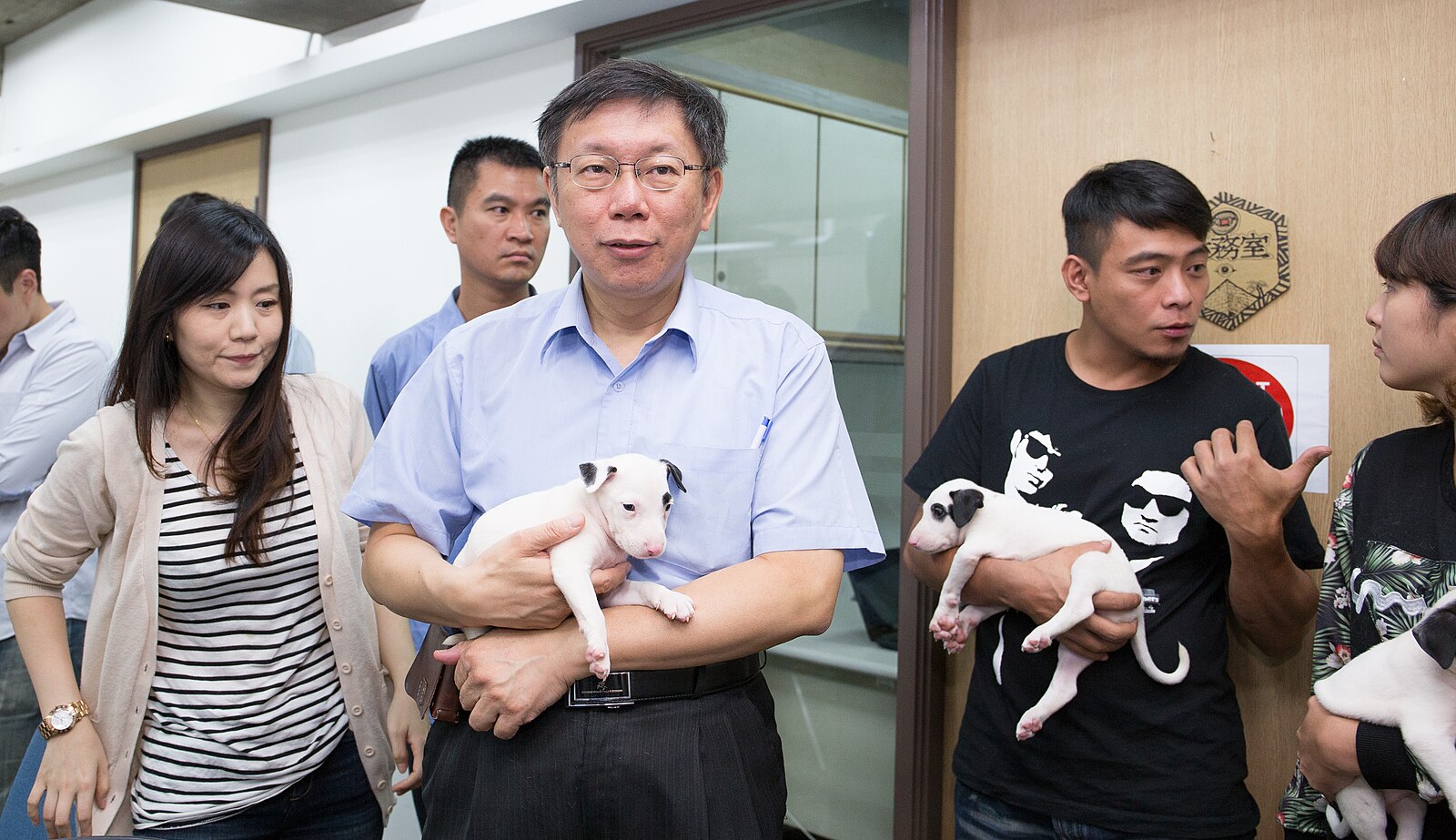
Opposition Candidates
Lai competes against the Kuomintang's Hou Yu-ih and the Taiwan People's Party's Ko Wen-Je. Lai's win aligns with previous forecasts, making him a favorite to succeed incumbent President Tsai Ing-wen. KP/Flickr
Lai's Democracy Victory
In his press conference, Lai declared the election a victory for Taiwan's democracy, emphasizing a stand for democracy in the face of rising tensions with China, framing the choice as "peace and war." Canva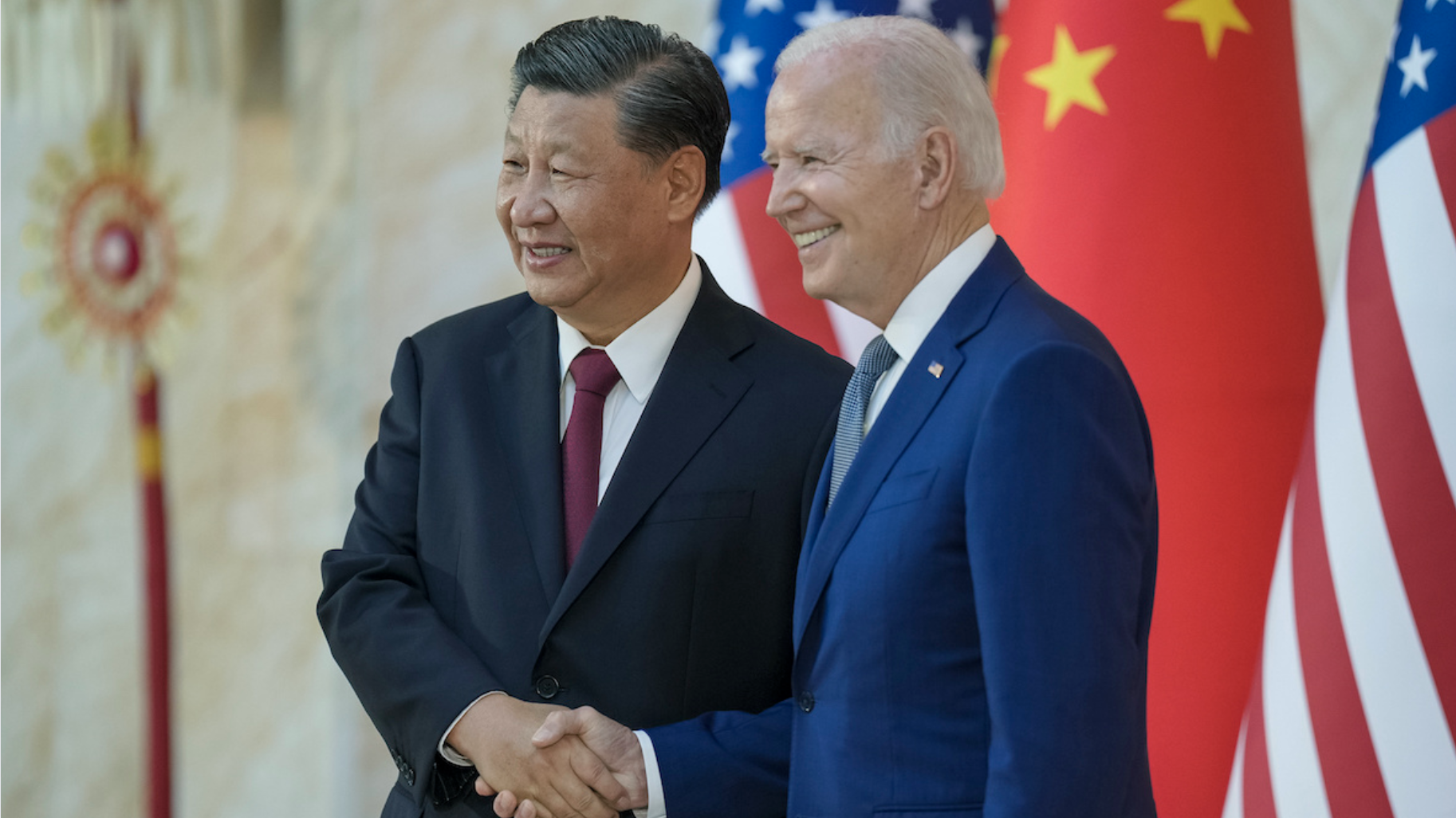
China's Response
Beijing responds to Lai's victory, stating that "reunification" with Taiwan is still "inevitable." President Joe Biden reiterates the U.S. stance of "not supporting" Taiwan's independence. Rawpixel
Lai's Policy
Lai, labeled a separatist by Beijing, pledges to maintain the status quo and rejects China's sovereignty claims. He expresses hope for dialogue with China while emphasizing the need to bolster Taiwan's military defense.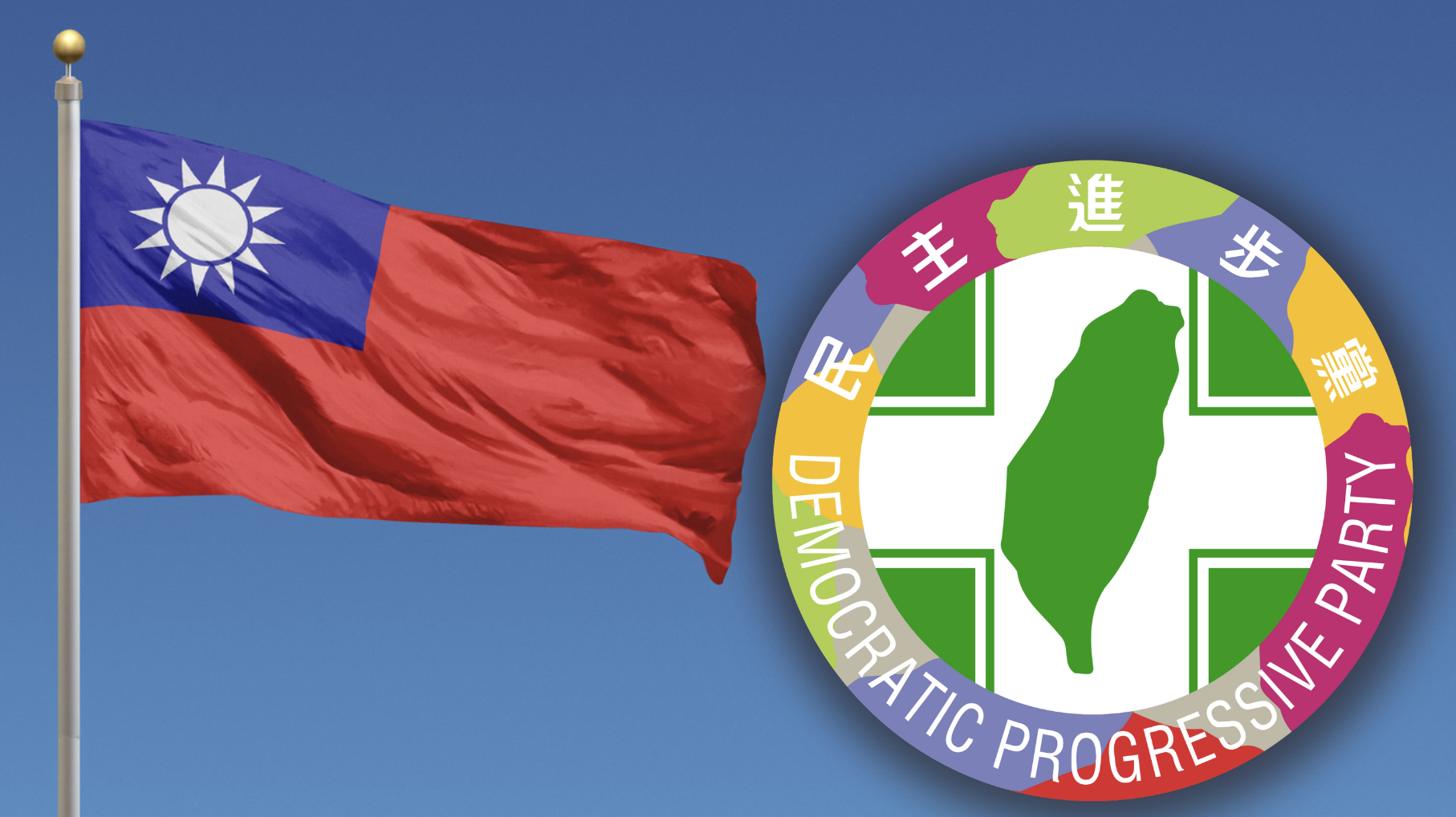
China's Pressure
China, warning against continued DPP rule, increases pressure on Taiwan through actions like flying balloons in the Taiwan Strait. Lai is expected to continue Tsai's approach, emphasizing mutual respect in any dialogue with Beijing.
1992 Consensus
Lai rejects the 1992 consensus, seeking to maintain the status quo where Taiwan and China are viewed as two separate, sovereign nations. Cross-strait relations hinge on Taiwan's sovereignty and rejection of the consensus.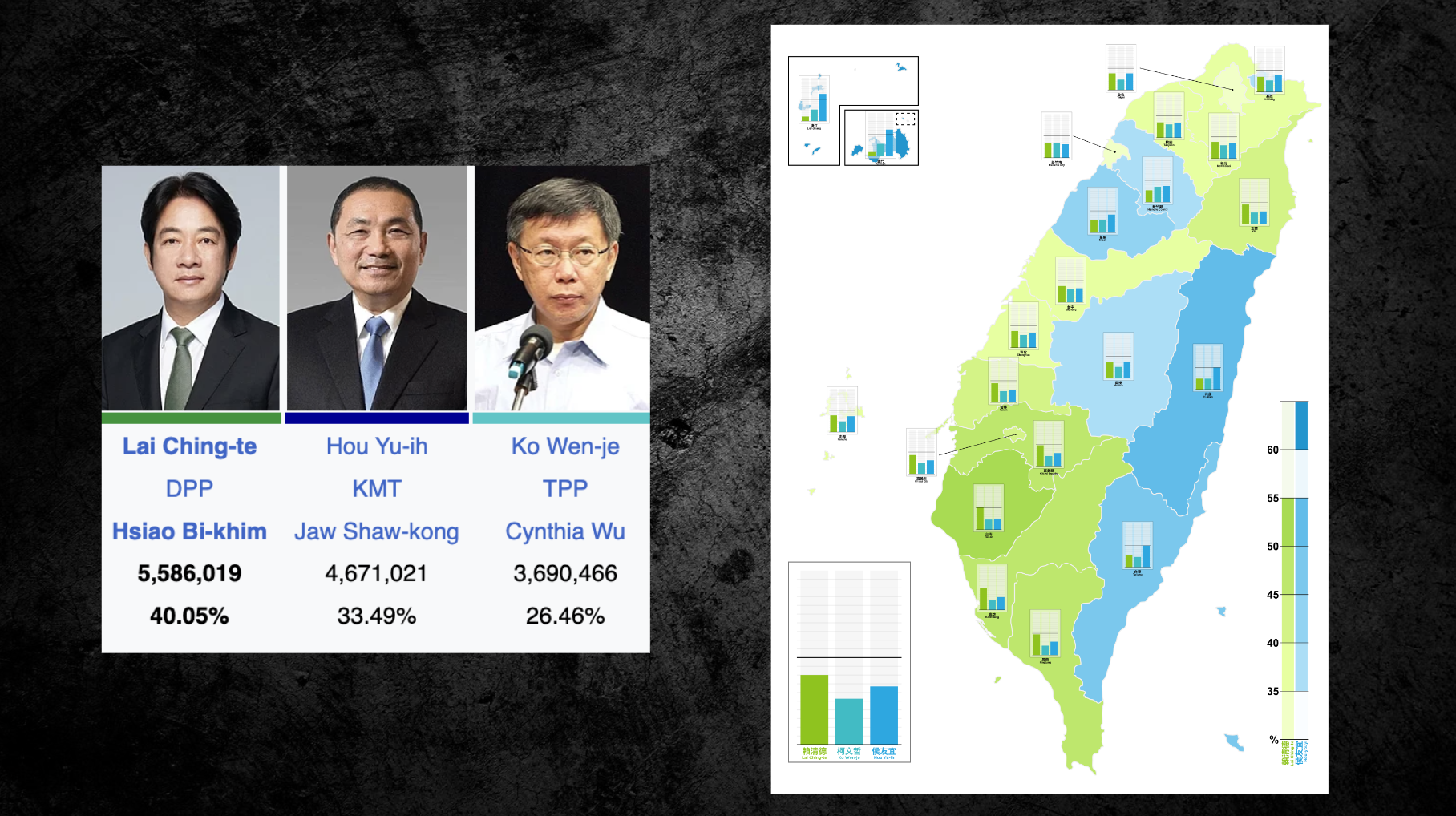
Split Parliament
Taiwan's legislative election results in a split parliament, with the KMT winning 39 seats and the DPP 38. This split may impact cross-strait relations, presenting challenges and uncertainties for domestic politics. 沁水湾/Wikicommons